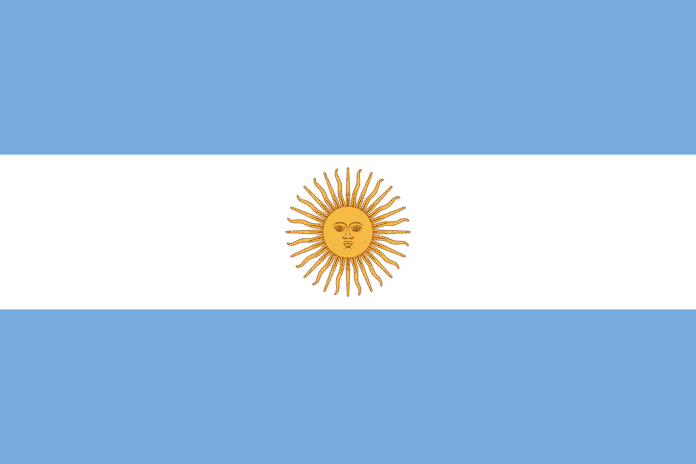The US Treasury is stepping up to help Argentina’s struggling economy as President Javier Milei works to steady shaky financial markets. Officials say they’re prepared to take whatever actions are necessary to back the country, a key ally in Latin America.
Milei, who calls himself an anarcho-capitalist and counts former President Donald Trump as a close friend, faces tough times after his party lost a big provincial election in Buenos Aires on September 7. That defeat sparked a sharp drop in the Argentine peso, forcing the government to burn through its limited foreign reserves. Now, with national legislative elections coming up on October 26, Milei is pushing for US support to handle upcoming debts.
He’s set to sit down with Trump and new Treasury Secretary Scott Bessent on the sidelines of the UN General Assembly in New York on Tuesday. In a post on X (formerly Twitter), Bessent made it clear: “All options for stabilization are on the table.” Those could involve swap lines—where central banks trade currencies at a fixed rate for a set time—direct buys of Argentine currency, or even purchases of US dollar-based government debt using the Treasury’s Exchange Stabilization Fund.
The peso’s slide started right after the election loss to the center-left Peronist movement, which many saw as a preview of the bigger vote ahead. Bessent highlighted Argentina’s importance as a US partner and praised Milei’s focus on fiscal discipline and growth-boosting reforms. “These steps are vital to end Argentina’s long cycle of economic decline,” he wrote. He added an optimistic note: “Opportunities for private investment are huge, and Argentina will be Great Again.”
Milei quickly thanked the US for its “unconditional support for the Argentine people.” The budget-cutting libertarian leader posted on X: “Those of us who fight for freedom’s ideas must team up.”
IMF chief Kristalina Georgieva echoed the support, calling Bessent’s comments a welcome sign and stressing how partners can help drive strong policies for Argentina’s stabilization and growth.
Argentina’s Foreign Minister Gerardo Werthein pushed back on rumors of a massive $30 billion US loan, calling it “absolutely incorrect.” Speaking to Radio Mitre, he confirmed talks are underway but for a much smaller sum.
This isn’t the first time the US has aided Argentina’s economic recovery. Back in April, Washington endorsed a $20 billion IMF loan for the country, plus $12 billion from the World Bank and $10 billion from the Inter-American Development Bank. At the time, Bessent cooled talk of a direct US credit line.
Argentina has a rocky history of economic crises and hyperinflation, making it the IMF’s largest debtor. It owes $44 billion from a 2018 deal—the biggest loan the fund has ever made—and has renegotiated terms since.
To give the economy a quick lift, the Buenos Aires government announced Monday it would pause taxes on grain exports through October 31. Presidential spokesman Manuel Adorni explained on X that the move aims to “generate a greater supply of dollars” by making Argentine grains more competitive worldwide and ramping up sales.
Nicolas Pino, head of the SRA agricultural producers’ group, went further. He urged making the tax cut permanent to supercharge Argentina’s top export industry.
Stay informed on all the latest news, real-time breaking news updates, and follow all the important headlines in world News on Latest NewsX. Follow us on social media Facebook, Twitter(X), Gettr and subscribe our Youtube Channel.


